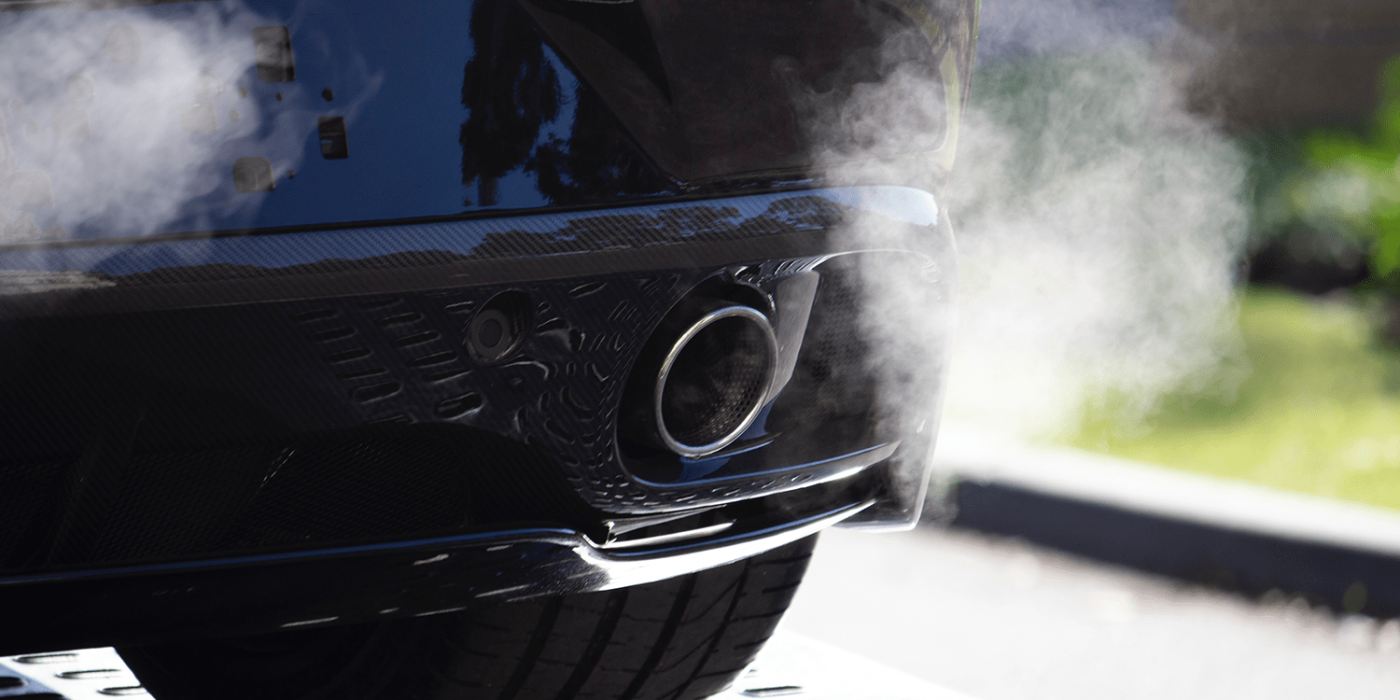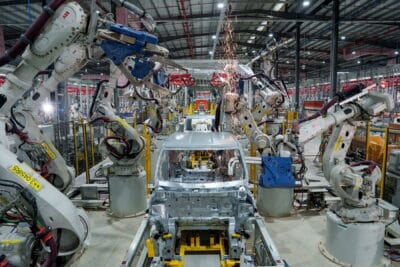Final EU vote on combustion ban this week looking questionable
After the postponed final vote of the EU states on the ban of combustion engines in new cars from 2035, the hanging game continues. Although the EU Commission has submitted a proposal to the German government on e-fuel use after 2035, an agreement at the EU summit this week remains doubtful.
The EU Commission has offered to define a new category of vehicles that can run on e-fuels in its compromise proposal. However, these vehicles should have sensors that prevent them from running on conventional fuels. “If they are refuelled with conventional fuels, such vehicles should be able to detect this and prevent the car from starting,” Reuters quotes from the draft. This would fully meet the German political party FDP’s demand that vehicles that can be proven to run on e-fuels may continue to be registered after 2035. And Germany’s announced abstention could become an approval.
However, as the German publication Der Spiegel notes, this draft has reportedly already been rejected by German Transport Minister Volker Wissing with the support of FDP party leader Christian Lindner. According to the reports, no reasons were given for this rejection, but the transport ministry apparently wants to present a counter-draft.
Wissing wants no targets after 2035, but only money for e-fuel production
This counter-proposal could be based on a proposal that the German Federal Ministry of Transport probably already submitted to the Commission in Brussels last week. According to Der Spiegel, however, this proposal did not foresee that new cars with internal combustion engines could only be registered after 2035 if they were guaranteed to run on e-fuels. Instead, Wissing is said to have proposed that there should be no requirements at all for the approval of combustion engines after 2035. In his opinion, carmakers should “pay a sum of money for the production of e-fuels that corresponds to their lifetime consumption”. The key point: these e-fuels do not have to be burnt in the car sold – it would also be possible to run them on fossil fuels or a mix.
In other words, carmakers could sell internal combustion vehicles declared as “e-fuel-only” and have them count towards their CO2 fleet targets. Wissing has suggested a factor of 0.3. This means that out of 100 grams of CO2 from tailpipe emissions, only 30 grams would count towards fleet emissions – although the vehicles would still emit 100 grams of CO2, regardless of whether e-fuels, a mix or fossil fuels were refuelled. The proposal from the Ministry of Transport does not contain any restrictions on how such vehicles should “demonstrably” be fuelled only with e-fuels – neither an electronic solution with sensors nor a simpler (and easier to circumvent) solution with narrower fuelling nozzles.
Experts interviewed by Der Spiegel consider Wissing’s proposal “hardly legally implementable”. In addition, the EU Commission did not include any elements from the transport ministry’s letter in its own draft. Moreover, according to the report, the Federal Environment Ministry “expressly welcomed” the EU Commission’s proposal. So, before the EU summit on Thursday, there are not only two opposing drafts, but also no unanimous opinion within the German government.
In addition, Germany’s Chancellor Olaf Scholz is said to have given internal instructions to “settle the dispute over e-fuels by the EU summit on Thursday at the latest”, according to Der Spiegel. There have been recent statements from various sides that an agreement would be reached this week. But since this is not reflected in the drafts, a quick agreement is still rather unlikely – especially since the agreement actually has to be reached at ministerial level before the heads of government meet for the EU summit on Thursday.
Even on the ground in Germany, the debate has heated up. Wissing is facing calls to resign from civil society organisations. It also remains unclear who the minister may be acting for. Even carmakers such as BMW and Audi have expressed their commitment to phasing out ICE engines.
reuters.com, spiegel.de (in German)





2 Comments